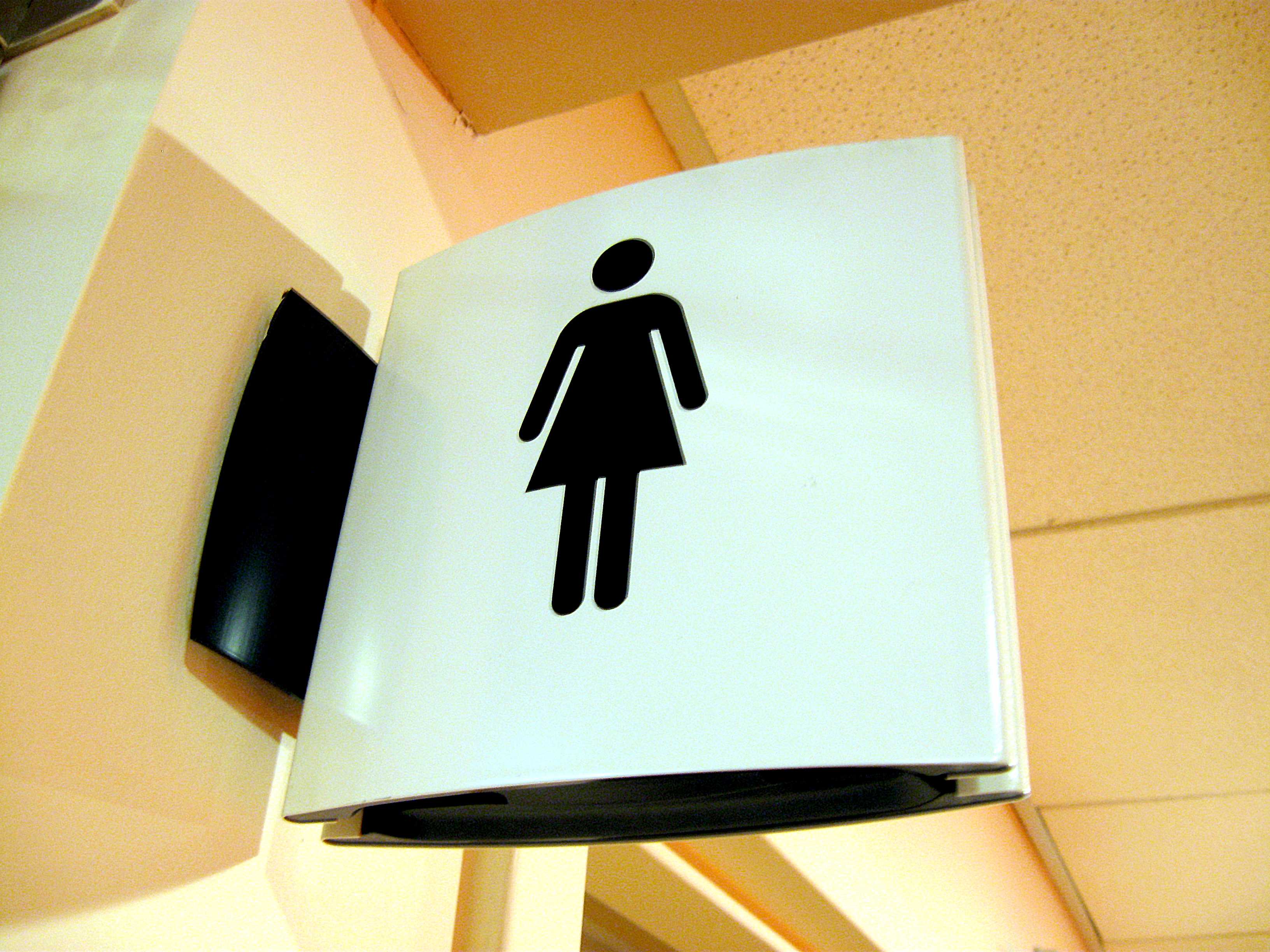 RALEIGH, N.C. — The American Civil Liberties Union (ACLU) and two transgender advocacy groups have filed a federal lawsuit against officials in North Carolina following the signing of a law that overturned Charlotte’s controversial “bathroom bill” and banned other cities from passing similar ordinances.
RALEIGH, N.C. — The American Civil Liberties Union (ACLU) and two transgender advocacy groups have filed a federal lawsuit against officials in North Carolina following the signing of a law that overturned Charlotte’s controversial “bathroom bill” and banned other cities from passing similar ordinances.
“We are asking the court to overturn House Bill 2 because it is unconstitutional, because it violates the Equal Protection and due process clauses of the Fourteenth Amendment, because it discriminates on the basis of sex and sexual orientation, and because it is an invasion of privacy for transgender men and transgender women,” the ACLU said in a statement on Monday.
As previously reported, despite hours of testimony largely in opposition of the proposal, the Charlotte City Council voted 7-4 last month to expand the city’s non-discrimination ordinance to add provisions for homosexuals and those who identify as the opposite sex—including in regard to restroom and locker room use.
Over 21,000 area residents had signed a petition in opposition of the proposed expansion, and pastors, community leaders and others part of a coalition opposed to the changes known as “Don’t Do It Charlotte” also rallied outside prior to the meeting.
Council members Al Austin, John Autry, Patsy Kinsey, Julie Eiselt, James Mitchell, LaWana Mayfield and Mayor Pro Tem Lyles voted in favor of the ordinance, while council members Ed Driggs, Claire Fallon, Greg Phipps, and Kenny Smith rejected the measure.
Gov. Pat McCrory had warned that legislative action would ensue if the council passed the ordinance, and just as stated, House Speaker Tim Moore moved to overturn the law following its approval.
On Wednesday, following three hours of debate, the North Carolina House voted 84-25 in favor of a bill invalidating the Charlotte ordinance, with votes cast mostly along party lines—with the exception of 11 Democrats who supported the effort.
The bill, known as the Public Facilities Privacy and Security Act, then passed the Senate 32-0 after Democrats walked out in protest as they believed that they were being left out of the participation process.
“Public agencies shall require every multiple occupancy bathroom or changing facility to be designated for and only used by persons based on their biological sex,” the legislation reads in part. “Local boards of education shall require every multiple occupancy bathroom or changing facility that is designated for student use to be designated for and used only by students based on their biological sex.”
McCrory promptly signed the bill into law on the same day, and later released a fact sheet to clarify what he believed were misunderstandings about the content of the ordinance.
“Businesses are not limited by this bill. Private individuals, companies and universities can adopt new or keep existing nondiscrimination policies,” it reads in part. “[I]f a privately-owned sporting facility wants to allow attendees of sporting events to use the restroom of their choice, or install unisex bathrooms, they can. The law neither requires nor prohibits them from doing so.”
“This law simply says people must use the bathroom of the sex listed on their birth certificate. Anyone who has undergone a sex change can change their sex on their birth certificate,” the fact sheet also advises.
On Monday, the ACLU, Equality North Carolina and Lamba Legal filed suit against McCrory and others on behalf of two transgendered residents, Joaquín Carcaño and Payton Grey McGarry, as well as and Angela Gilmore, a lesbian employed at North Carolina Central University.
“While the discriminatory, stated focus of the legislature in passing H.B. 2—the use of restrooms by transgender people—is on its own illegal and unconstitutional, H.B. 2 in facts wreaks far greater damage by also prohibiting local governments in North Carolina from enacting express anti-discrimination protections based on sexual orientation and gender identity,” the suit asserts.
“Like the two transgender plaintiffs in the case, transgender people around the state of North Carolina immediately suffered harm under H.B. 2 in that they are not able to access public restrooms and other single-sex facilities that accord with their gender identity,” it contends.
McCrory’s office issued a statement in return, against stating that the ACLU and various media outlets are disseminating misinformation.
“The governor respects the right of any legal challenges; however, he does not respect the continued distortion of the facts by the groups challenging this law and by many members of the state and national media,” said press secretary Graham Wilson.
“To counter a coordinated national effort to mislead the public, intimidate our business community and slander our great state, the governor will continue to set the record straight on a common sense resolution to local government overreach that imposed new regulations on businesses that intruded into the personal lives of our citizens,” he stated. “The non-discrimination policies in place today in cities like Raleigh, Greensboro and Asheville and in every business in North Carolina are the same as they were last month and last year.”
Become a Christian News Network Supporter...


